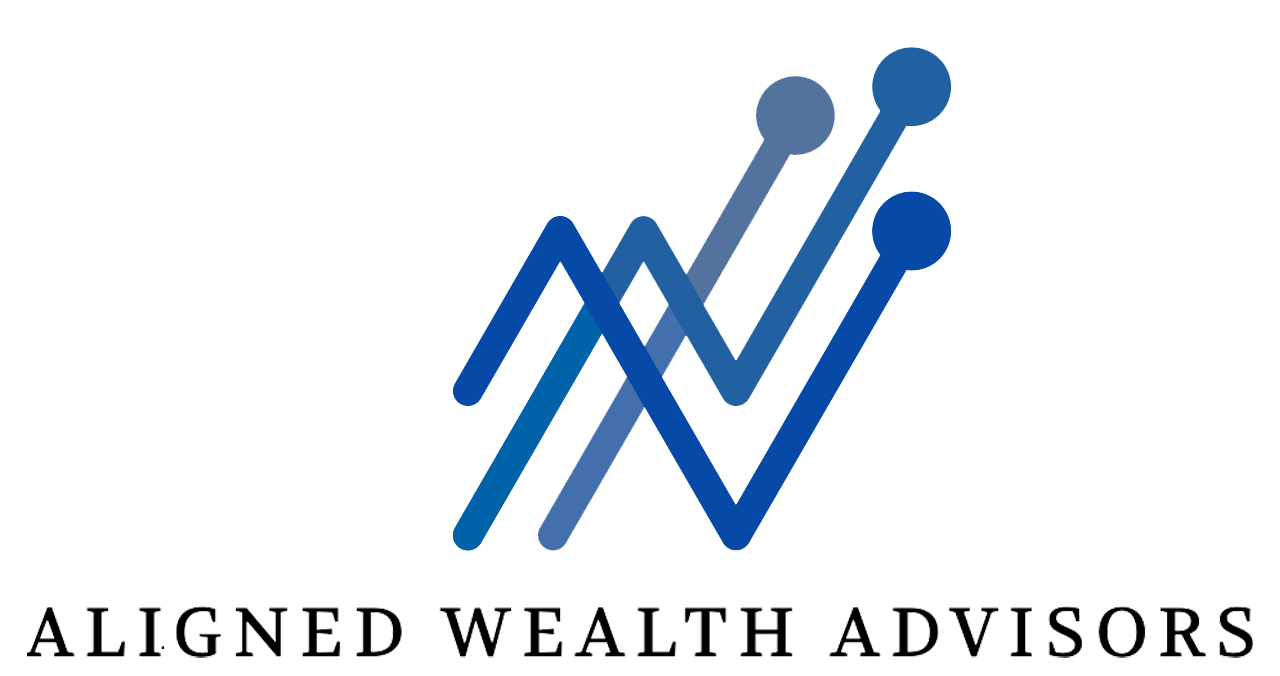Essential Tips for 1099 Contractors to Build a Stable Income

As a 1099 contractor, managing your finances can be challenging. With irregular income, tax responsibilities, and the need to plan for the future, it's important to have a solid financial plan in place. Fortunately, there are essential tips and strategies that can help you build a stable income and achieve financial security. In this blog, we will explore the ins and outs of financial planning for 1099 contractors, providing practical advice and resources to help you navigate the world of finance and ensure the success of your business.
The importance of financial planning for 1099 contractors
Financial planning is crucial for 1099 contractors for several reasons. Firstly, it allows you to properly manage your cash flow and budget effectively. With fluctuating income, it's important to have a financial plan that accounts for both your fixed and variable expenses. This will help you avoid unnecessary debt and ensure that you have enough funds to cover your obligations.
Secondly, financial planning allows you to minimize your tax liability. By understanding the tax laws and regulations that apply to 1099 contractors, you can take advantage of deductions and credits that can save you money. Additionally, proper tax planning ensures that you are setting aside enough funds to cover your tax obligations, avoiding any surprises at tax time.
Lastly, financial planning helps you build a stable income and achieve your long-term financial goals. By setting financial goals, creating a budget, and implementing strategies to increase your savings and investments, you can create a solid foundation for your financial future.
Building a budget and tracking expenses
Building a budget and tracking expenses is a crucial step in mastering financial planning as a 1099 contractor. Without a clear understanding of your income and expenses, it's challenging to make informed financial decisions.
Start by listing all your fixed expenses, such as rent, utilities, and insurance. Then, identify your variable expenses, such as groceries, transportation, and entertainment. Be realistic about your spending habits and ensure that you allocate enough funds for each category.
Once you have a budget in place, diligently track your expenses. Use financial management apps or spreadsheets to monitor your spending. This will help you identify areas where you can cut back and save money.
Remember, a budget is not set in stone. Review and adjust it regularly to reflect changes in your income or expenses. Building a budget and tracking your expenses is the foundation of effective financial planning as a 1099 contractor.
Creating a steady income stream
As a 1099 contractor, creating a steady income stream is vital for your financial stability. Unlike traditional employees, you don't have a regular paycheck. But there are strategies you can implement to ensure a steady flow of income.
First, consider diversifying your client base. Relying on one or two clients can be risky if they decide to cut back on projects or end their relationship with you. By having multiple clients, you spread the risk and increase your chances of maintaining a stable income.
Additionally, focus on building long-term relationships with clients who require ongoing services. This provides you with consistent work and reduces the need to constantly search for new projects.
Another effective approach is to create a retainer arrangement with clients. This agreement ensures a predictable income as clients pay a fixed fee for your services on a monthly basis.
Lastly, consider setting up a savings account specifically for irregular income. Put aside a percentage of each payment you receive to cover periods when there may be a lull in projects or delayed payments.
By implementing these strategies, you can develop a more stable income stream and reduce financial stress as a 1099 contractor.
Saving for taxes and unexpected expenses
One crucial aspect of financial planning as a 1099 contractor is saving for taxes and unexpected expenses. Unlike traditional employees, you are responsible for paying your own taxes, including self-employment tax, federal income tax, and state taxes. It's important to set aside a portion of each payment you receive to cover these obligations.
To determine the appropriate amount to save for taxes, consult with a tax professional or use online calculators to estimate your tax liability. By saving consistently throughout the year, you can avoid the stress of a large tax bill when tax season arrives.
In addition to taxes, unexpected expenses can arise, such as equipment repairs or medical emergencies. Building an emergency fund is crucial to handle these unforeseen costs. Aim to save at least three to six months' worth of living expenses in a separate savings account.
By prioritizing savings for taxes and unexpected expenses, you can maintain financial stability as a 1099 contractor and avoid any unnecessary financial strain.
Utilizing retirement and investment options
Utilizing retirement and investment options is another essential aspect of financial planning for 1099 contractors. While focusing on saving for taxes and unexpected expenses is crucial, it's equally important to plan for the future and build long-term financial security.
One option to consider is opening and contributing to a Solo 401(k) or a Simplified Employee Pension (SEP) IRA. These retirement accounts offer tax advantages and allow you to set aside a portion of your income for retirement. Consult with a financial advisor or tax professional to determine which option is best suited to your needs and goals.
In addition to retirement accounts, consider exploring investment opportunities. Investing can help grow your wealth and increase your income over time. Research different investment strategies, such as stocks, bonds, or real estate, and seek guidance from a financial advisor to make informed investment decisions.
Remember, the key to successful investing is diversification and long-term planning. Start small and gradually increase your investments as you become more comfortable and knowledgeable.
By utilizing retirement and investment options, you can not only build a stable income as a 1099 contractor but also secure your financial future. Stay tuned for our next blog section, where we will discuss tips for managing expenses and budgeting effectively.
Seeking professional guidance and resources
While it's essential to educate yourself on financial planning as a 1099 contractor, seeking professional guidance can provide invaluable expertise and insights. Financial advisors and tax professionals are trained to navigate the complexities of financial planning, ensuring you make informed decisions that align with your goals.
Consider consulting with a financial advisor who specializes in working with independent contractors. They can help you develop a personalized financial plan, guide you through the intricacies of retirement and investment accounts, and provide advice on optimizing your tax strategy.
Furthermore, there are numerous resources available to help you enhance your financial literacy. Online platforms, podcasts, and books cover a wide range of topics from budgeting to investing. Engaging with these resources can expand your knowledge base and equip you with strategies for long-term financial success.
Remember, investing in professional guidance and education is an investment in your future financial stability. Stay tuned for our next blog section, where we will delve into effective expense management and budgeting tips for 1099 contractors.
The benefits of mastering financial planning as a 1099 contractor
As a 1099 contractor, mastering financial planning can offer numerous benefits that go beyond just building a stable income. When you have a solid financial plan in place, you gain more control over your finances and can make informed decisions to achieve your long-term goals.
One of the main benefits of financial planning is improved cash flow management. By carefully tracking your income and expenses, you can identify areas where you can reduce costs and allocate more funds towards savings or investments. This can help you build an emergency fund, save for retirement, or invest in opportunities that can grow your wealth.
Financial planning also allows you to take advantage of tax planning strategies. By understanding the intricacies of the tax laws and regulations that apply to independent contractors, you can minimize your tax burden and keep more money in your pocket.
Additionally, financial planning empowers you to make smart decisions when it comes to debt management. By creating a plan to pay off high-interest debt and avoid unnecessary borrowing, you can achieve financial freedom and reduce stress.
Lastly, mastering financial planning gives you peace of mind. Knowing that you have a plan in place to handle unexpected expenses, save for the future, and achieve your financial goals brings a sense of security and stability.
In conclusion, mastering financial planning is essential for 1099 contractors to build a stable income and gain control over their finances. Through improved cash flow management, tax planning, debt management, and peace of mind, you can achieve your long-term goals and create a solid foundation for financial success.
Andrea Ward, CPA
Andrea has worked in the finance industry for nearly all of her professional life. Taking over the family business she continues to combine her tax and investment knowledge to leverage the investment power of money while reducing gains taxes paid to the IRS. She lives in the Fort Worth, Texas area, (although is happy to work with virtual clients all over the United States!) Andrea loves to travel and dabble in home decorating.
Matt Ward
Matt began helping clients in the insurance industry. However, he struggled with big business’s emphasis on selling rather than helping, so he came to work with the family business focusing on investment advisory. In his free time, he shreds the gnar on his snowboard and jams on drums and guitar (but not at the same time).




